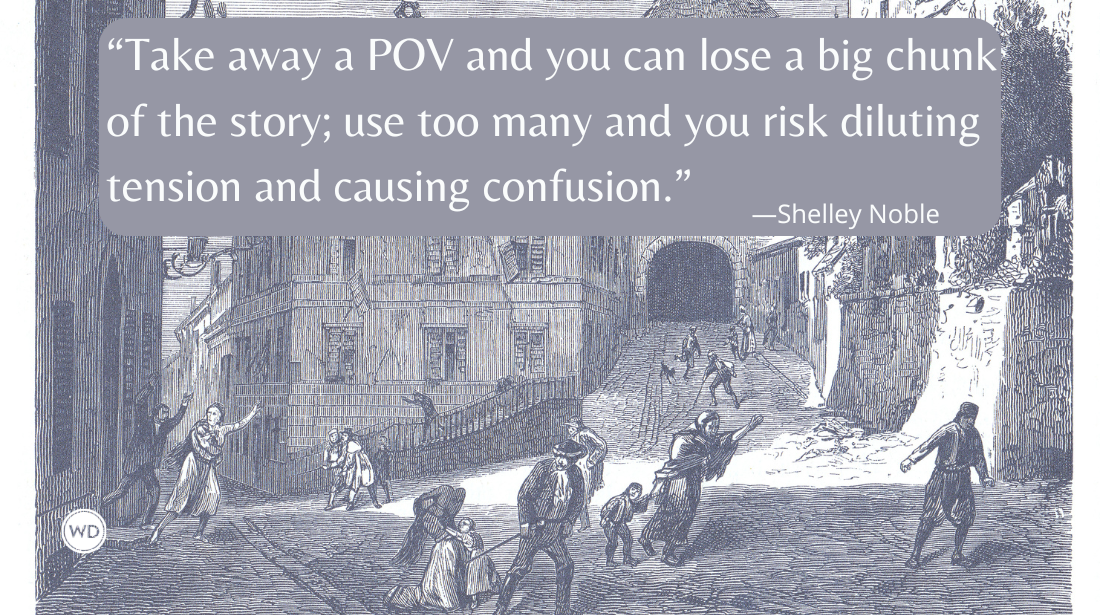Begging the Question: How to Use It Correctly
Have you ever wondered how to properly use the phrase “begs the question”? Here’s a quick explanation.
Q: I've been told that I often misuse the phrase "begs the question" in my writing. Can you explain to me how to use this phrase correctly and give me an example? Thanks. —Anonymous
A: "Begging the question" is a phrase that's commonly misused. In fact, even I misused it once in an editor's note for my e-newsletter (special thanks to loyal reader Rachel Heslin for catching my misstep, though she's now off my Christmas card list—kidding ... I don't even have a Christmas card list). But the important thing is to get it correct in the future, so let's dive in and define this phrase.
The common misconception is that "begging the question" means to raise or ask a question: This week's writing prompt begs the question, "What are babies really talking about? That is wrong with a capital "W" and, if space permits, an exclamation point. "Begging the question" is a type of logical fallacy that deals with unproven premises and conclusions, which the sentence above doesn't contain.
Merriam-Webster defines "begging the question" as "to pass over or ignore a question by assuming it to be established or settled." In other words, it means that you're stating as fact what you are trying to prove. For example, Brian Klems is funny because he writes humorously. The conclusion is that Brian is funny. The premise assumes that he writes humorously. There's no evidence in the statement that supports the claim that he's funny. Therefore, the sentence should read: Brian Klems is funny because he writes humorously, but that argument begs the question of whether he writes humorously or not.
The term "begging the question" is just circular reasoning, so be sure to use the phrase only when that circular reasoning is being applied. If it's not, use "asks the question" or "raises the question."
But seriously, though, I am funny. I promise.
Brian A. Klems is the former Senior Online Editor of Writer’s Digest, and author of Oh Boy, You’re Having a Girl (Adams Media/Simon & Schuster). Follow him on Twitter @BrianKlems.









